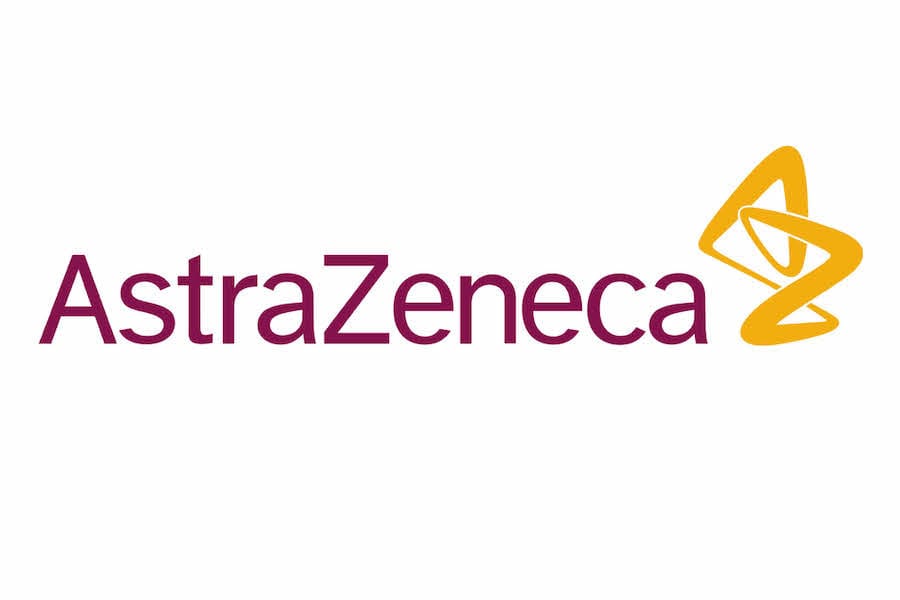The European Union is in a dispute with Swedish-Anglo pharma company AstraZeneca after the drug maker rejected demands that vaccine supplies be diverted from the UK to increase doses being supplied to the continent.
With vaccine supplies not keeping up with demand all over Europe, tensions were bound to run high and now they are reaching fever-pitch, with drug manufacturer AstraZeneca the latest vaccine supplier to reveal that they will not be able to meet contract obligations due to manufacturing glitches.
The EU had been promised 100 million doses by the end of March and are now being told the will only be able to receive 31 million, a 60% cut.
AstraZeneca Chief Executive Pascal Soriot has defended the company saying that they are working “24/7 to fix the very many issues of production of the vaccine”, which were meant to come from a plant in Belgium.
Meanwhile, the United Kingdom’s supply, which is manufactured within the country, has been on target.
Soirot explained the problem stems partly from a delayed decision to sign contracts, putting production two months behind and giving them limited time to iron out any supply issues.
“We’ve also had teething issues like this in the U.K. supply chain. But the U.K. contract was signed three months before the European vaccine deal. So, with the U.K. we have had an extra three months to fix all the glitches we experienced,” he said.
Europe has lashed back, with the EU Health Commissioner Stella Kyriakides expressing “serious concerns” over the pharma company’s inability to supply the agreed upon doses.
“U.K. factories are part of our advanced purchase agreement and that is why they have to deliver,” Kyriakides said at a press conference, adding that two of the four factories from which AstraZeneca has committed to providing vaccines to the EU are in Britain, Reuters reported.
AstraZeneca defended itself Wednesday, saying in a statement that, “Each supply chain was developed with input and investment from specific countries or international organisations based on the supply agreements, including our agreement with the European Commission. As each supply chain has been set up to meet the needs of a specific agreement, the vaccine produced from any supply chain is dedicated to the relevant countries or regions and makes use of local manufacturing wherever possible.”
This setback comes amid a similar production line problem from the BioNTech Pfizer team, who have been unable to keep up with demand. This has led to French pharma giant Sanofi offering access to its production facilities in Frankfurt to help speed things along. But even this boost won’t help supply until summer.
The EU has had a sluggish start to its vaccination programme, with only 2.3 Covid jabs for every 100 people. This is dismal compared to the US, who have reached 7.8 and the UK which is at 11.4.
The situation is hardly expected to improve as the EU announced Monday that pharmaceutical companies making Covid vaccinations in the bloc would be required to register in advance of exporting doses to third countries.
The supply problem certainly has political underpinnings, as post-Brexit tensions are still running high and there has even been word that, in a tit-for-tat, German Health Minister Jens Spahn made noises on Tuesday that it would block exports of the BioNTech vaccine if supplies on the continent were threatened, a thinly veiled threat to the UK that if they don’t cough up, neither will they.
The German press has also tried to throw doubt on the efficacy of the AstraZeneca jab, but the German government has refuted these claims, as has the company.
Despite all the backbiting, some glimmers of hope remain that a solution will be found. Commissioner Kyriakides and a spokesman for AstraZeneca both described Wednesday’s talks as “constructive”, showing both parties are still willing to work to solve the problem.
EU demands access to UK vaccine supply
